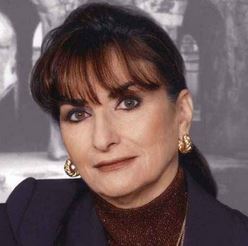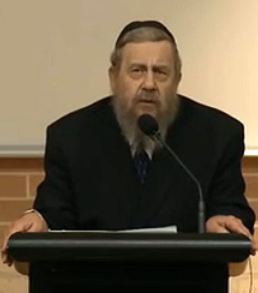Saving Syria’s Jews
Judith Feld Carr (b. 1938) was born in Montreal and grew up in Sudbury. She earned a Master’s in musicology from the University of Toronto, and taught music in both high schools and universities, including Yeshiva University in New York and Hebrew University in Jerusalem. In the early 70s, inspired by a neighbour who was a Holocaust survivor, and by an article in the Jerusalem Post about 12 young Syrian Jews who were badly hurt when attempting to flee the country, Carr undertook a mission, together with her then-husband Dr. Ronald Feld, to help disadvantaged Jews living in Arab lands. Following the establishment of Israel in 1948, the living conditions for over a million Jews living in Arab lands became intolerable. In the following years, around 900,000 Jews were forcibly expelled from their homes across the Arab world. While the global community focuses on the Palestinian refugee crisis, few have ever paid much attention to the plight of these Jews. In Syria, Jews were barred from leaving the country (in fact, they were forbidden from traveling more than three kilometres without a permit!) and were forced to remain under terrible circumstances. Carr made contact with Syrian Jews in Canada who could help her, and then with Rabbi Ibrahim Hamra in Damascus, with whom she worked to smuggle Jews out of Syria, as well as to ransom Jews trapped in Syrian prisons. They communicated in secret by highlighting phrases in Torah texts that would be sent back and forth. Carr soon received death threats for her efforts, but persevered, even after her husband passed away unexpectedly from a heart attack. In 1973, a charity fund was established at Beth Tzedec Synagogue in Toronto to assist Carr in her work. All in all, over three thousand Jews were rescued from Syria – three quarters of the whole community. Carr was awarded the Queen’s Jubilee Medal, the Order of Canada, as well as Israel’s Presidential Award of Distinction, among many others. A book about her story has been adapted to film.
Words of the Week
The three loves – love of God, love of Torah and love of one’s fellow – are all one. One cannot differentiate between them, for they are of a single essence… And since they are of a single essence, each one embodies all three.
– Rabbi Menachem Mendel Schneerson, the Lubavitcher Rebbe



